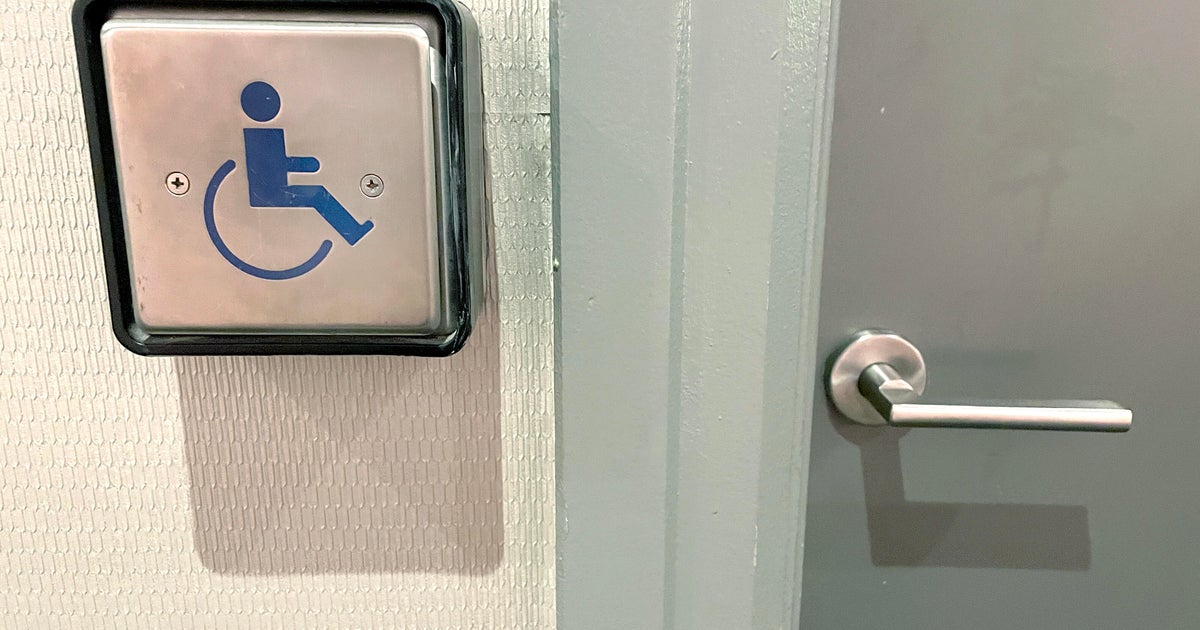Tammy Duckworth, Sherrod Brown and Bob Casey introduce new bill to make public transit more accessible
Nearly 20% of all transit stations in the U.S. aren't accessible to people with disabilities and don't fully comply with the Americans with Disabilities act, according to the Federal Transit Administration. It's a problem Senator Tammy Duckworth, Democrat of Illinois, says she knows too well.
"Oh my goodness, yes. I tried accessing the subway in New York once and could not get on because the elevator wasn't not working, and the next one didn't have an elevator — or the one after that," she said in an interview with CBS News this week. "In Chicago, I can't get into some stations because it's three flights of stairs to get to stations."
Duckworth, who is a double amputee, uses a wheelchair. She lost her legs in 2004 when the U.S. Army helicopter she was flying was hit by a rocket propelled grenade in Iraq.
As an assistant secretary of Veterans Affairs in Washington, D.C., she often took the Metro. Duckworth praised it as one of the best systems around for wheelchair accessibility, but she still found herself having to bypass her stop if an elevator was out of service. She'd have to ride to the next station with a working elevator and take a bus back to her stop.
"It's always a crapshoot that I'm going to get a station where the elevator isn't working," she said.
New legislation, the All Stations Accessibility Program (ASAP) Act, introduced by Senators Duckworth, Sherrod Brown, Democrat of Ohio and Bob Casey, Democrat of Pennsylvania, aims to address the problem by setting aside $10 billion dollars in grants over 10 years for local transit authorities and commuter rail to increase the number of existing accessible stations and facilities that are ADA-compliant.
Brown chairs the Senate Banking, Housing and Urban Affairs Committee, and Casey is the chairman of the Senate Special Committee on Aging.
President Biden's infrastructure plan calls for $5 billion in funding over five years to address this issue. The ASAP Act would provide funding for a total of 10 years, rather than five, and would come as transit agencies are struggling with the crippling financial impact of the pandemic's extraordinary ridership decline.
"It is targeting first the legacy systems — New York, Boston, Chicago," she said, "because those are ones in the most need of upgrades."
Duckworth says the Chicago Transit Authority has told her that without additional funding, it will take 20 years to bring all of its stations into ADA compliance. The CTA supports the ASAP Act, as do a host of advocacy groups.
"People with disabilities still can't fully utilize public transit across the country because of accessibility barriers," said Karen Tamely, president and CEO of Access Living, a Chicago area disability advocacy group. "It is past time for our community to be able to use all forms of public transportation.
A companion bill has also been introduced in the House by Illinois Representatives Jesus "Chuy" Garcia and Marie Newman.




